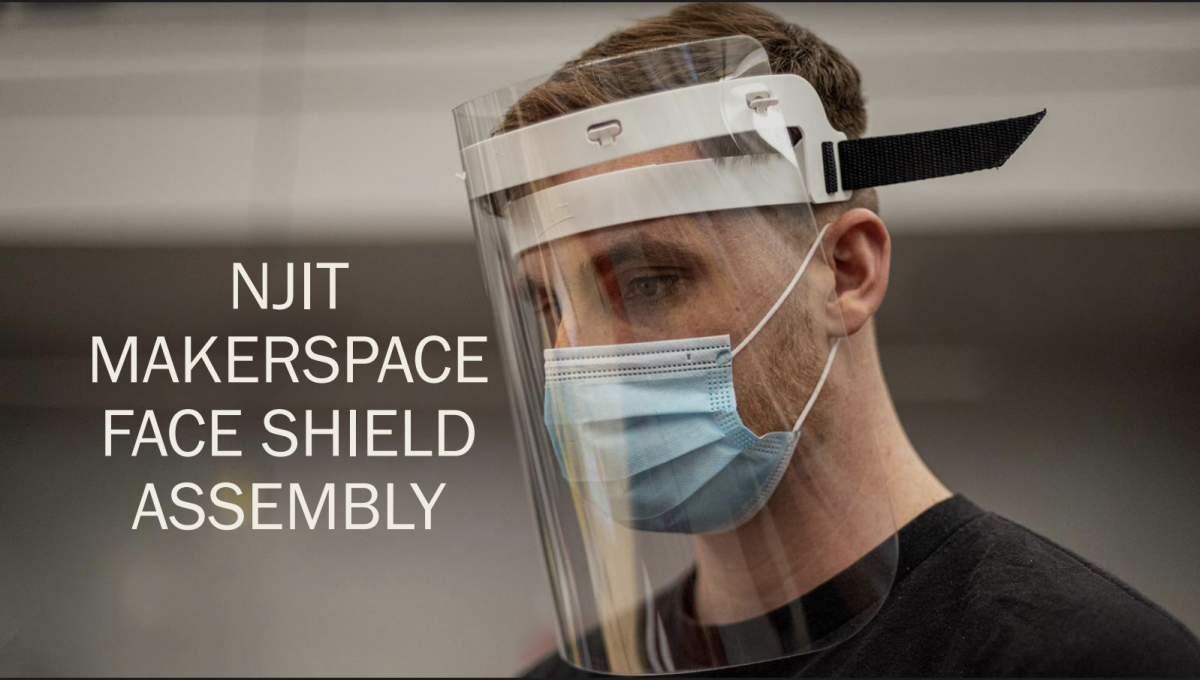Piracy doesn’t seem like it’s good for anything; it seems like it’s bad news for just about everyone involved. What if piracy was somewhat helpful? I say that you might just have to look at things differently, and it seems that Netflix has done exactly that. Piracy may not have a lot going on for it, but it does show trends. Netflix has used such trends to their advantage when they recently rolled out their service in the Netherlands.
Netflix used piracy sites to determine what shows are popular so they could get licenses for those shows. It’s a pretty simple idea; when entering a new market, Netflix needs to modify its library to suit that market. In the case of the Netherlands, Netflix looked to their piracy sites to see what’s popular, because that’s what customers want. By offering what customers turn to piracy for, Netflix can hope to lure pirates to its service and stop them from illegally watching the content. We can infer that piracy also creates demand for the content that Netflix offers. What Netflix has done is pretty neat. It’s fun to guess at what methods other streaming services might use.
I’m assuming the biggest causes of piracy is limited or unappealing entertainment options, which Netflix addresses by being easy and convenient. There are plenty of other video services out there like Hulu, Youtube, and Vimeo. Granted, the latter two are more focused on user-created content than licensed media. However, some of these services aren’t available in other countries, or they might offer different content, so users may turn to the next best thing: piracy.
Unfortunately, organizations like the MPAA and RIAA like to deal with piracy using legislation or criminalization. Netflix’s Chief Content Officer Ted Sarandos says, “The best way to combat piracy isn’t legislatively or criminally but by giving good options.” I think this may be one of, if not the best, way to cut down on piracy. However, one problem that’s holding back online video services is the Last Mile.
The Last Mile is a problem that exists between the ISP and the subscriber. It deals with that “last mile” of copper cable running from the ISP’s high bandwidth fiber pipe to a subscriber’s house. This is a pretty big problem in the U.S. because of our large land area. We can’t feasibly cover everyone who wants very high speed internet in America, at least not yet. This is the bottleneck that must be overcome before things like video streaming services and digital distribution become the norm. If we do happen to overcome the Last Mile, I can see piracy greatly reduced thanks to the convenience of legal services.
While piracy doesn’t benefit the greatest number of people, it can benefit certain groups, such as video streaming services. Netflix proved this point by looking at what’s popular and offering it themselves. Other content providers could learn a thing or two from Netflix and fight piracy by offering better options. With Netflix’s success, it’s only a matter of time before other companies start wising up and offer good services to reduce piracy. There are also infrastructure problems with our broadband penetration that must be conquered. Change will surely happen if the problem becomes increasingly apparent. The search giant Google itself wasn’t satisfied with our nation’s current offerings, and started their own ISP to address our bandwidth issues. Other ISPs in competing cities got a rude wake-up call and started offering better services to compete with Google. Competition is fierce, and it takes one good option to show consumers and businesses alike that positive changes can be made.






























